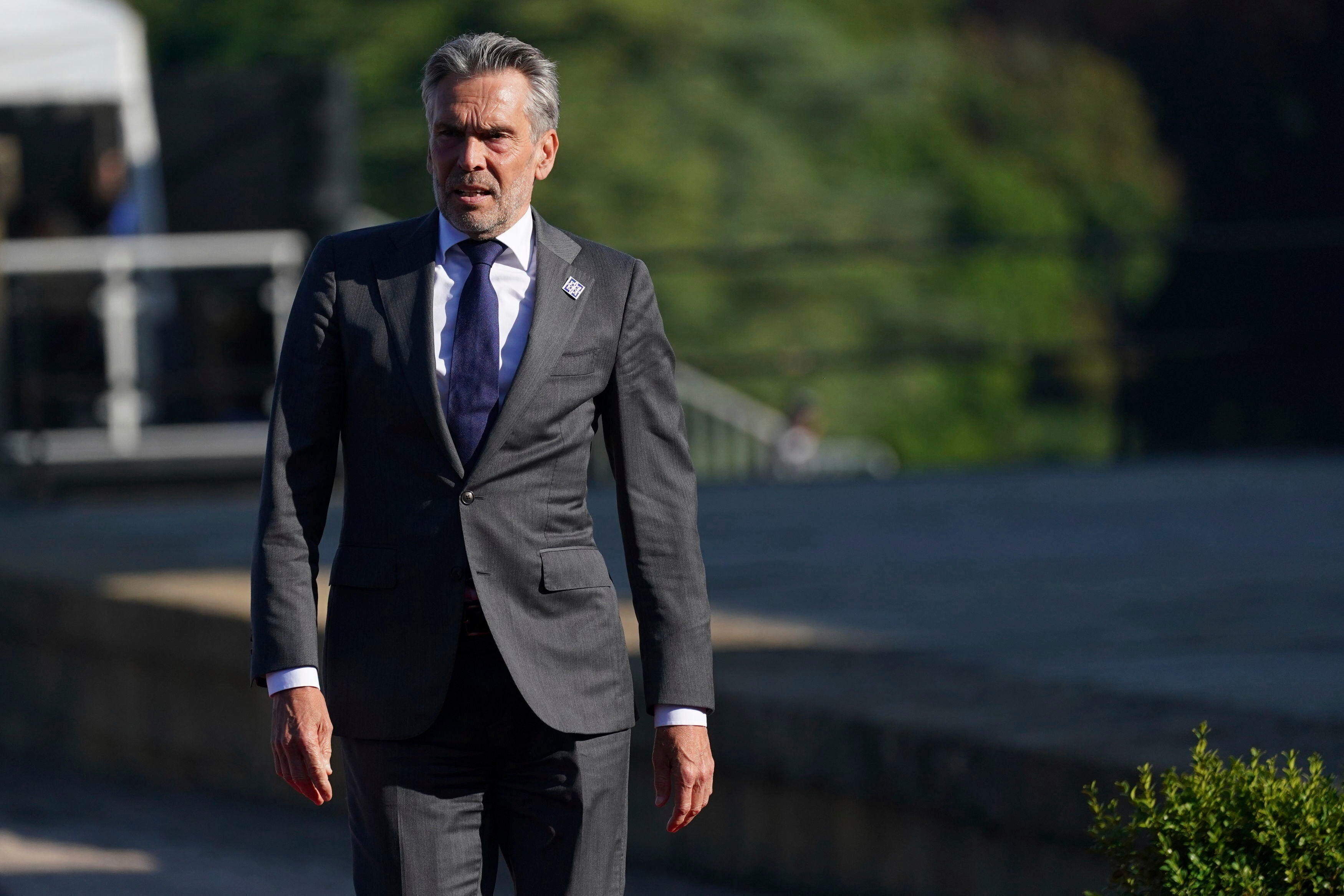New Dutch leader bans phones in Cabinet meetings to dial back espionage threat
The new Dutch prime minister has banned cell phones and other mobile devices from the weekly meetings of his Cabinet in a move aimed at dialing back the risk of digital eavesdropping by spies

Your support helps us to tell the story
From reproductive rights to climate change to Big Tech, The Independent is on the ground when the story is developing. Whether it's investigating the financials of Elon Musk's pro-Trump PAC or producing our latest documentary, 'The A Word', which shines a light on the American women fighting for reproductive rights, we know how important it is to parse out the facts from the messaging.
At such a critical moment in US history, we need reporters on the ground. Your donation allows us to keep sending journalists to speak to both sides of the story.
The Independent is trusted by Americans across the entire political spectrum. And unlike many other quality news outlets, we choose not to lock Americans out of our reporting and analysis with paywalls. We believe quality journalism should be available to everyone, paid for by those who can afford it.
Your support makes all the difference.The new Dutch prime minister has banned cell phones and other mobile devices from the weekly meetings of his Cabinet in a move aimed at dialing back the risk of digital eavesdropping by spies.
“The threat of espionage is timeless. Electronic devices, a telephone, iPad, are all little microphones and countries are interested in decision-making also in the Netherlands and you want to prevent that. It's a very simple measure — all the phones in a safe,” Dick Schoof, a former head of the national intelligence agency, told reporters Friday.
Phones were not banned under Schoof's predecessor, Mark Rutte, who left Dutch politics after a general election in November that was won by the radical right Party for Freedom led by Geert Wilders.
Schoof, whose technocratic government took office in July, said he was taking a different approach based on his former job in the intelligence community.
“Maybe I have a bit more experience with that sort of thing,” he said. “So for me, that was a completely natural measure. And I found that all members of the cabinet actually agreed immediately.”
Erik Akerboom, the current chief of the General Intelligence and Security Service that Schoof once led, warned last year of espionage including by China targeting the Netherlands and in particular its high-tech sector.
“We see that every day they try to steal that from the Netherlands,” Akerboom told The Associated Press.
Schoof's government is holding a series of meetings to hammer out a detailed policy blueprint that will be unveiled next month.